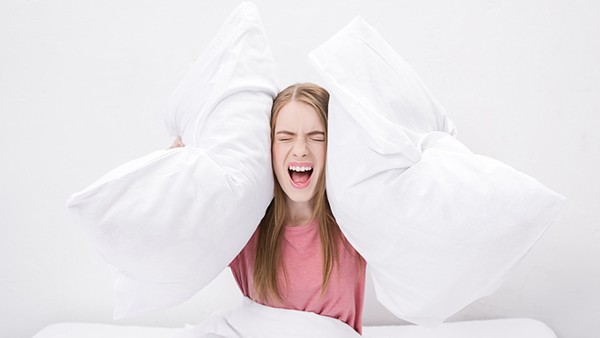What to Do if You Have Less Milk During Menstruation

Many breastfeeding mothers notice a dip in their milk supply during menstruation. This is completely normal and usually only lasts for a few days. However, if you're concerned about your milk supply, there are a few things you can do to help increase it.
Why Does Milk Supply Decrease During Menstruation?
The decrease in milk supply during menstruation is caused by the hormonal changes that occur during your cycle. Progesterone, which is a hormone that helps to maintain pregnancy, decreases during menstruation. This decrease in progesterone can lead to a decrease in milk production.
How to Increase Milk Supply During Menstruation
If you're concerned about your milk supply during menstruation, there are a few things you can do to help increase it:
Nurse your baby more often. This is the best way to tell your body that it needs to produce more milk.
Pump your breasts regularly. Pumping your breasts can help to stimulate milk production.
Drink plenty of fluids. Staying hydrated is important for overall health and for milk production.
Eat a healthy diet. Eating a healthy diet that is rich in fruits, vegetables, and whole grains can help to support your milk supply.
Avoid caffeine and alcohol. Caffeine and alcohol can both dehydrate you and lead to a decrease in milk production.
Get enough sleep. When you're sleep-deprived, your body produces less milk.
Relax. Stress can also lead to a decrease in milk production.
When to Call Your Doctor
If you're concerned about your milk supply, it's important to talk to your doctor. Your doctor can help you to rule out any other causes of low milk supply and can provide you with advice on how to increase your milk supply.
What to Expect During Menstruation
During menstruation, you may experience a number of different symptoms, including:
Cramps
Bleeding
Mood swings
Bloating
Breast tenderness
Fatigue
Headaches
Nausea
Vomiting
These symptoms are all caused by the hormonal changes that occur during menstruation. They usually only last for a few days and will go away on their own.
How to Manage Menstrual Symptoms
There are a number of things you can do to manage menstrual symptoms, including:
Take over-the-counter pain relievers. Pain relievers can help to relieve cramps and headaches.
Use a heating pad. Applying a heating pad to your lower abdomen can help to relieve cramps.
Take a warm bath. A warm bath can help to relax your muscles and relieve cramps.
Get regular exercise. Exercise can help to reduce cramps and improve mood.
Eat a healthy diet. Eating a healthy diet that is rich in fruits, vegetables, and whole grains can help to improve your overall health and reduce menstrual symptoms.
Get enough sleep. When you're sleep-deprived, your body produces more of the hormone cortisol, which can lead to increased menstrual symptoms.
Relax. Stress can worsen menstrual symptoms. Find ways to relax and de-stress during your period.
If you're experiencing severe menstrual symptoms, it's important to talk to your doctor. Your doctor can help you to rule out any other causes of your symptoms and can provide you with advice on how to manage them.
The above is all the content that the editor wants to share with you. I sincerely hope that these contents can bring some help to your life and health, and I also wish that your life will be happier and happier.
Tags: #if #you #do














